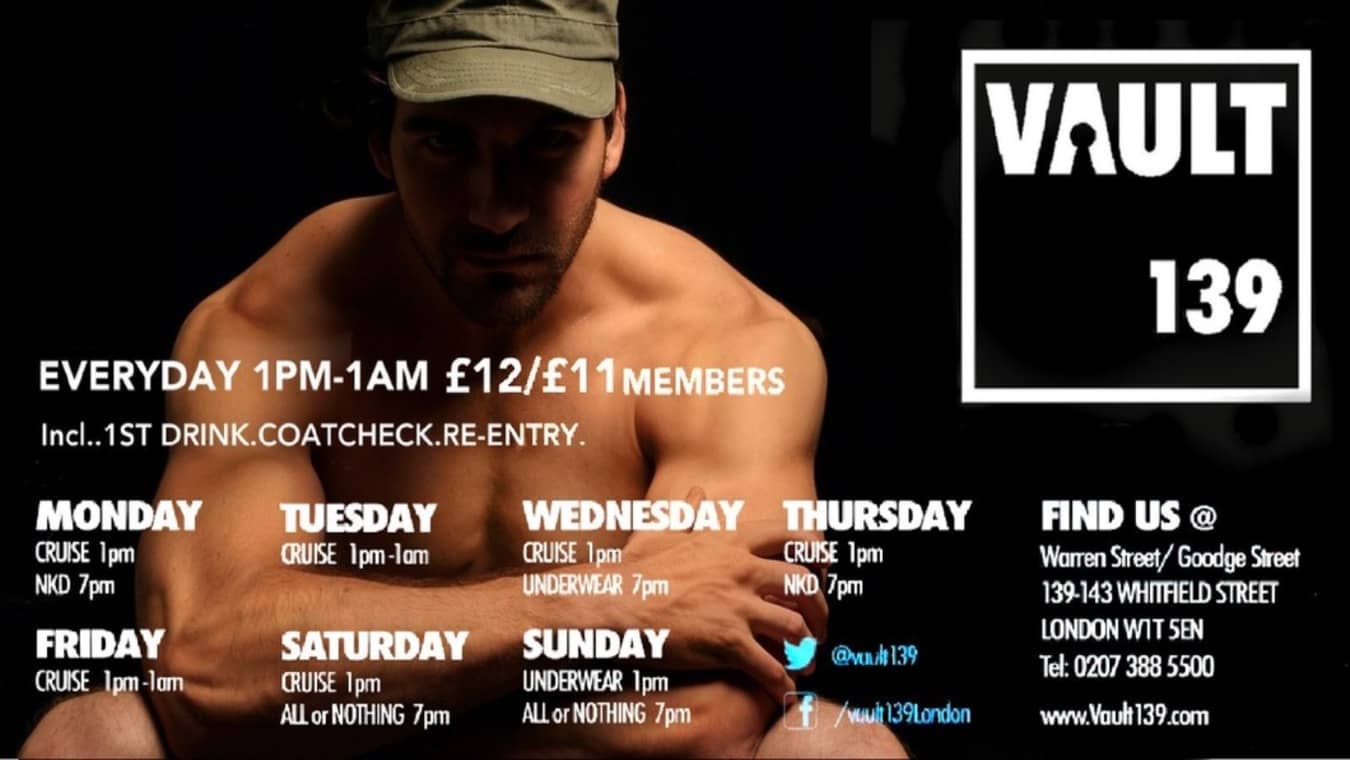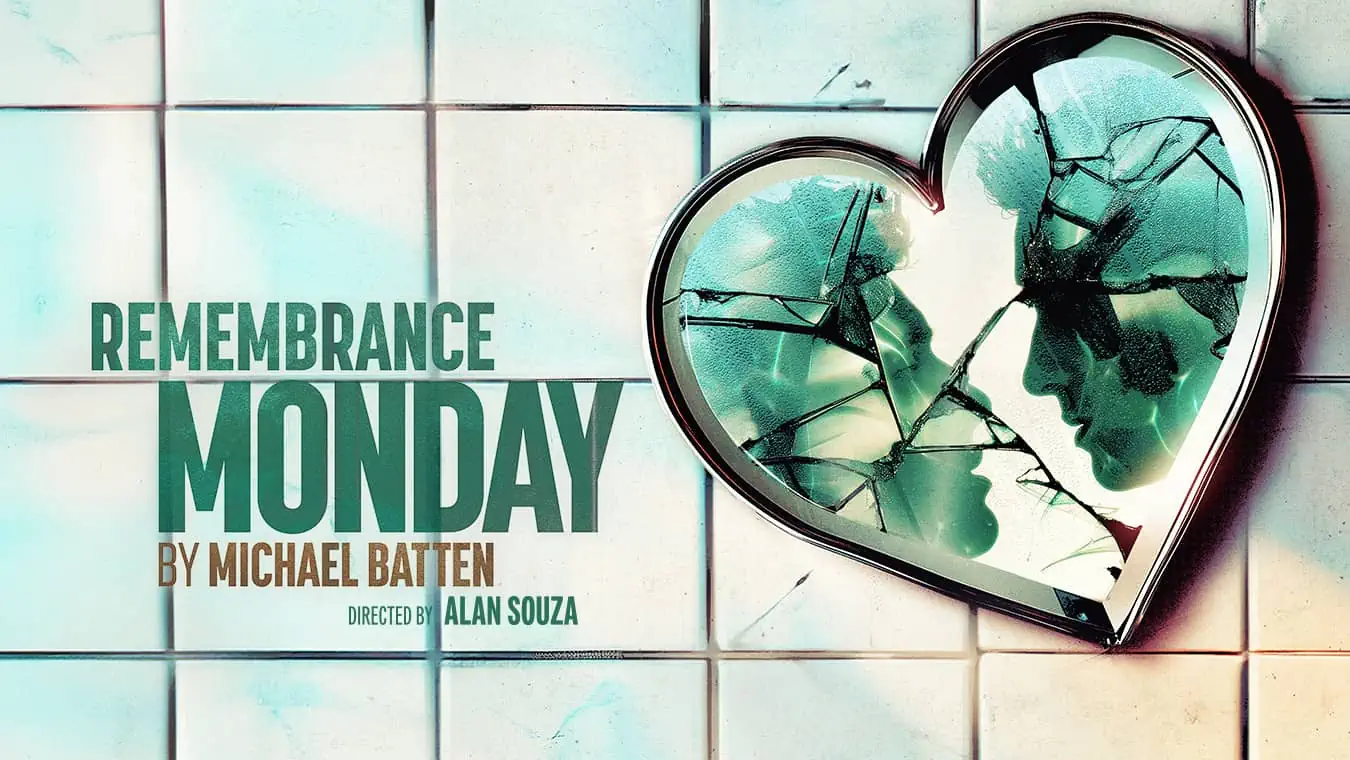Xav Judd explores the issue of LGBT homelessness.
Growing up is difficult enough, but life at home for some gay teenagers can mean dealing with homophobic and abusive parents, leaving them no recourse other than to run away for a life on the streets.
Pebble-sized snowflakes tumbling out of a charcoal sky might seem like an angelic site at Christmas. Unless you’re homeless, that is. Then it just highlights the grim reality that temperatures have plummeted below zero.
It’s hard to imagine what it must be like not to have a roof over your head; I had to leave my house at 16 with only £20 in my pocket, so I know just how it feels. It might have seemed the only option to finally wrench myself away from the darkness in the hearts and souls of the family who had abused me, but I had stepped into the void of existence outside, where humans’ hopes and dreams are often worth less than nothing. And the whole situation of homelessness inside the LGBT community could worryingly be set to get a lot worse, with the Coalition’s recent spate of austerity measures. Thus, here, we try and investigate the extent and seriousness of this issue.
According to Bob Green, CEO of Stonewall Housing: “Youth homelessness is a serious problem for society and it is only likely to get worse.” Indeed, a 2007 Centrepoint study found 75,000 (1%) of adolescents in the UK had to seek help from services in a year, because they were without a roof. And these alarming figures don’t even reveal the whole extent of the situation. “There are probably many more homeless young people than this estimate, since not all of them will approach local authorities or other agencies for assistance… and many are sleeping rough or are ‘hidden’, crashing on friends’ floors for example” Bob explains.
With regards to how many of this country’s dispossessed might come from the gay community, according to Petra, London Operations Manager of the Albert Kennedy Trust (AKT): “It’s hard to measure LGBT homelessness levels accurately, since many statutory agencies and mainstream services for homeless people do not monitor sexual and gender identities. However, there is a growing body of research in the UK to support the notion that homelessness among young lesbian, gay, bisexual and transgendered people may be at critical levels”.
Bob is in agreement: “Certain young people are more likely to be homeless, e.g. BAME [Black, Asian & Minority Ethnic] and lesbian, gay, bisexual and transgender individuals”. Added to which: “sexual orientation and gender identity can be a direct cause of homelessness for young LGBT members of society – they are thrown out or decide to leave their abode to escape homophobic or transphobic harassment. In fact, as with Emmanuel – see case study – and many other LGBT people QX has heard from, various types of abuse were exactly the reason why they felt they had to flee from their residence.
Whether a young individual has a secure dwelling to live in is paramount to that person’s life chances and general wellbeing. If they don’t, they will be additionally prone to health problems, including those that could result from the greater probability of them becoming addicted to alcohol, drugs or involved in prostitution. Added to which, they are less likely to be able to get access to services for help, might face violent assault or even worse whilst destitute, and will find it significantly harder to secure education, employment or training.
Of course, there are several mainstream (non-LGBT) charities like Centrepoint and Shelter who do vital work for young homeless people from our community. However, “too few yet understand the real issues for LGBT people”, stresses Bob. Indeed, “there’s the problem of awareness: a young LGBT person will need peer support, role modelling and networking, which few generic organisations are set up to provide.” There are also social services. But, in my instance, I found the government welfare system to be an uncaring bureaucratic quagmire.
The austerity measures the Coalition are busy implementing are only set to make things worse, with even the government’s own Department of Works and Pensions saying that they ‘risk increasing homelessness’, in a recent impact assessment of housing benefit cuts. Petra concurs and says that the AKT are ‘very concerned’ about such measures, while Bob reveals that they have actually put the continuation of Stonewall’s advice and supported accommodation services in jeopardy. And what makes matters worse is that each of these services was facing increasing demand, not less! Fortunately, though, at the moment, both charities are still in a position to offer various forms of help and assistance – see box out.
EMMANUEL’S STORY
I had to leave home when I was 17 because my parents were mentally and physically abusive to all of their children, and specifically to me because I’m gay. Sadly, they considered that they had a ‘cure’ for my sexual orientation. I actually got beaten up for the first time last November, when I tried to stop my dad laying into my sisters with his fists and belt. He’d accused them of prostitution due to the fact that they had returned ‘late’ from going to the shops. I thought he was being unfair, but ended up with black eyes and swollen lips just for trying to come to my siblings’ aid. On Father’s Day he was at it again, pummeling one of them because she had asked to go to the cinema. Although it was painful to watch, I did not intervene owing to concerns about my own safety. My folks actually blamed me for not helping them to administer the bashing, which, of course, I found absolutely ridiculous. Consequently, I was verbally abused and threatened that I would be cursed with black magic to make my life useless! It was unbearable!
Around the same time, my dad was trying to send me back home to a church in Nigeria [Emmanuel and his family were originally from there] where my homosexuality could be ‘rectified’. For both my parents, my orientation was a huge problem and the reason why they thought I never took their side with regards to my sisters. Therefore, I endured all sorts of homophobic name-calling; while physical maltreatment included attacks with razor blades, pepper, and general kick-ins. I was so scared and feared for my mental health, so I ran away.
I was homeless for about a month, which was a huge struggle. Initially, I booked a B&B for the weekend and, then, on the Monday, went to the Albert Kennedy Trust. I would have been stuck and lost without them; they put pressure on social services and other similar bodies, reminding them of their commitment to aiding someone in my situation. For example, Lisa Davies, my placement worker, referred me to the relevant housing agencies. Connexions, for instance, had refused to help me before, but Lisa threatened to take them to court. Thus, the painful to-ing and fro-ing between them and social services – where neither of them accepted any responsibility or did anything for me – ended. Consequently, I was able to leave the B&B for more suitable emergency accommodation, followed by a flat and then a hostel.
In the darkest hour of my life, the only reason I did not go back home was both because of my determination not to compromise with my folks and the support I got from AKT. Indeed, Lisa also got in touch with my social worker to let her know what was happening, and her organization gave me clothing, toiletries and some money (when I left home I had nothing). They even got me birthday presents, and a mentor – someone friendly I could talk to – which has been really helpful in respect of my mental health.
Today, I see my future as bright. Although I’m still trying to sort out some problems with the welfare system, I’ve just moved into a nice flat at the Foyer. Thus, now, thankfully, I can concentrate on my plans to go to a good university to study law and human rights, or European studies. One day, I really want to give something back to the AKT and be a mentor for them.
ADVICE AND SUPPORT SERVICES
Albert Kennedy Trust: 020 7831 6562 (London) and 0161 228 3308 (Manchester); www.akt.org.uk
Centrepoint: 0845 466 3400; www.centrepoint.org.uk
London Street Rescue: 0870 383 3333; www.thamesreach.org.uk
Shelterline: 0808 800 4444
Stonewall Housing: 020 7359 5767; www.stonewallhousing.org
This article was update in 2021













